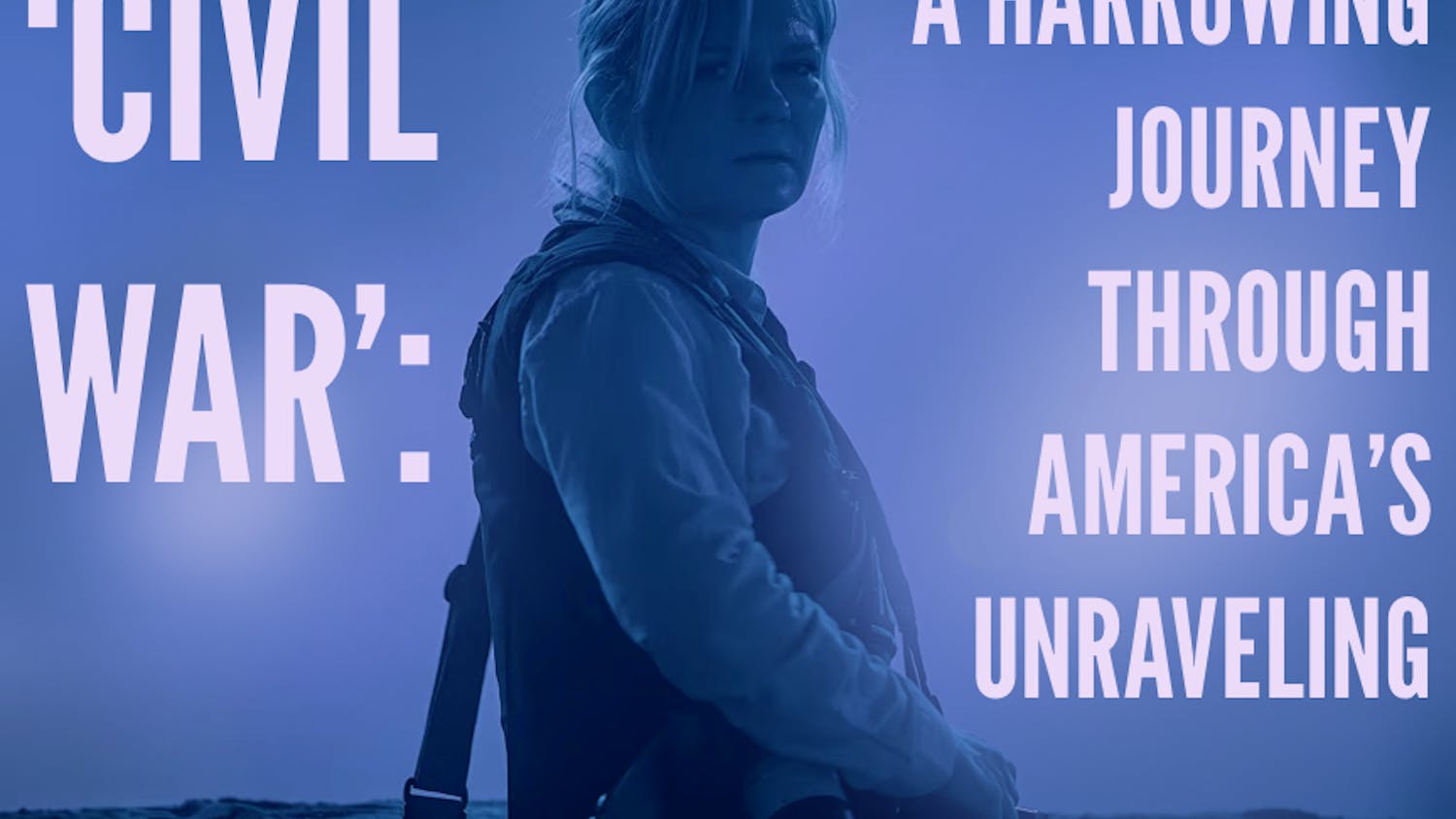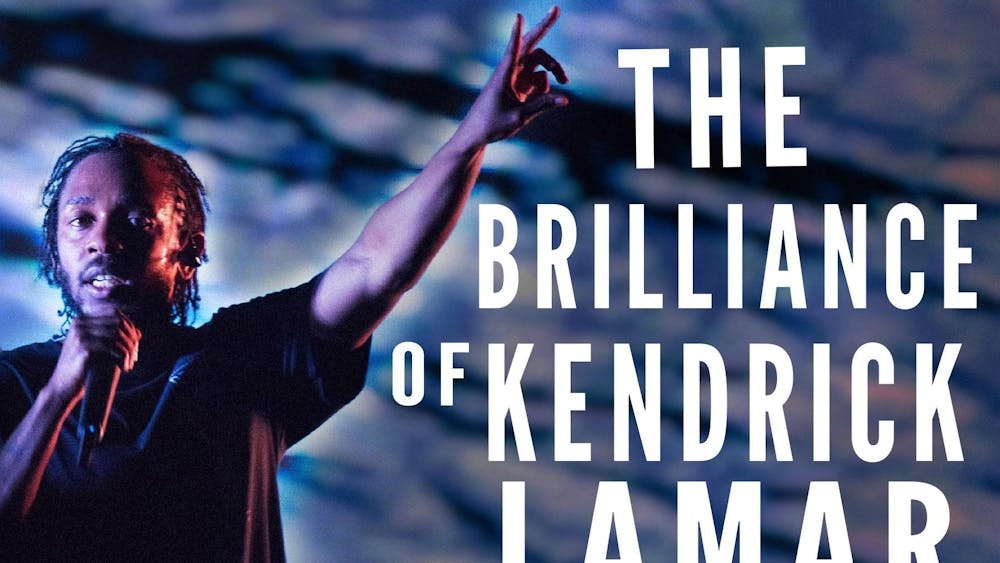
From cable network shows like “Adventure Time” and “Workaholics” to the brilliant web series “High Maintenance,” it’s been boom time for stoner TV. Looking at the promos for HBO’s new Sunday night comedy “Silicon Valley,” I got the sense that HBO was going to hop on the same bandwagon, using drug culture and humor as a central theme in the tech world. Or, even worse, I thought the show might follow the classic, male-dominated nerd sitcom formula that have made shows like “The Big Bang Theory” so tiresome. I’m so glad that creator Mike Judge has proved me wrong on both counts.
At the center of “Silicon Valley” is Thomas Middleditch’s character Richard, one of the geeky programmers at a fictional version of Google called Hooli. He lives in an “incubator” ranch house where the arrogant pothead Erlich allows his tenants to work on projects in exchange for 10-percent stake in case they make it big. Richard’s roommates include best friend Bighead (Josh Brener), Pakistani immigrant Dinesh (the hilarious stand-up comedian Kumail Nanjiani) and Satanist Gilfoyle (Martin Starr of “Freaks and Geeks” fame).
In the pilot, we learn of Richard’s dream of developing his own application revolving around copyright infringement in the music industry. It’s not a very exciting idea by Northern California standards, but in his programming code there is an algorithm that could be so groundbreaking for data compression that it eventually pits two billionaires against each other, fighting for stake in his company. After inevitable anxiety and vomiting in trying to decide his next move, Richard finds himself heading up his own company with his friends and $200,000 to get it started.
It’s a show full of sharp observational humor and smartly-written characters, but “Silicon Valley” wouldn’t work if it weren’t accurate in its portrayal of the tech start-up world. Fortunately, before he was spearheading animated comedies like “Beavis and Butt-Head” and writing the cult-classic work satire “Office Space,” Mike Judge himself was an engineer in Silicon Valley. Since that time, he has felt its portrayal in television and movies has been lacking. In a Chicago Tribune interview, he stated, “Hollywood was still doing the pocket-protector thing, the high-wasted pants, and that had disappeared decades ago. Either that or a computer engineer (in a movie) was a hot actress ⎯ you never believed it a second.”
Judge eliminated those outdated stereotypes immediately in the first episode of “Silicon Valley,” replacing them with an updated cast of ponytail-wearing guys called “brogrammers” and with intelligent jabs at tech corporate culture. I’d say if there’s one area of concern for the show early on, it’s the lack of a female presence. This may be a predominantly male world, but I think “Silicon Valley” could benefit from a different gender perspective in the central cast, if only for comedic purposes. As long as she doesn’t fall into the attractive typecast that Judge has so adamantly denounced.
However, thanks to the show’s home being the oft-unconventional HBO, these outcasts that would usually be the token of a larger sitcom group get to play off each other instead, creating richer character dynamics. And it’s clear from the last scene of Sunday night’s episode that the series has a lot of heart to go along with its incisive tone.
“Silicon Valley” has all the elements of everyone’s favorite stoner or nerd series, but Mike Judge has created his own refreshing formula that make it one of most promising comedy pilots of the year. Just like Richard’s company, “Silicon Valley” appears to have a lot of potential that make it a show worth watching.













